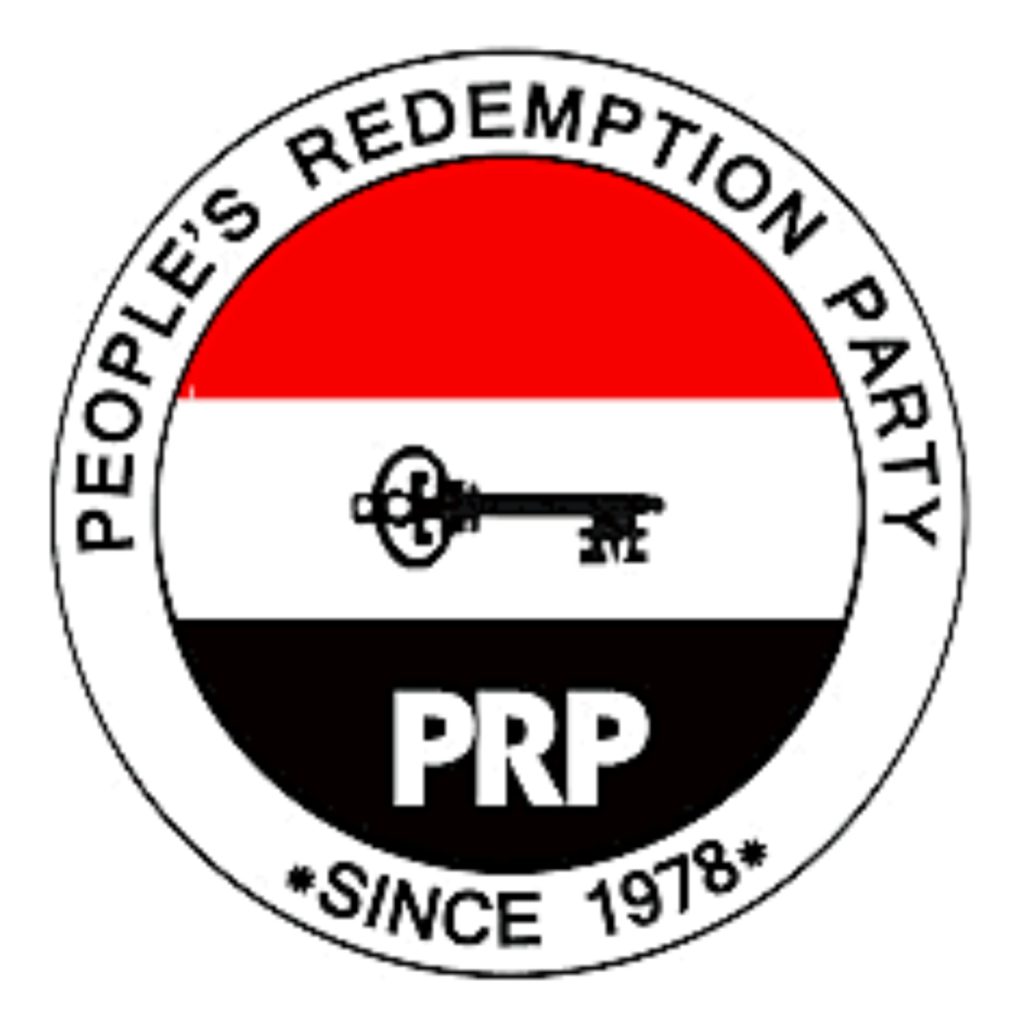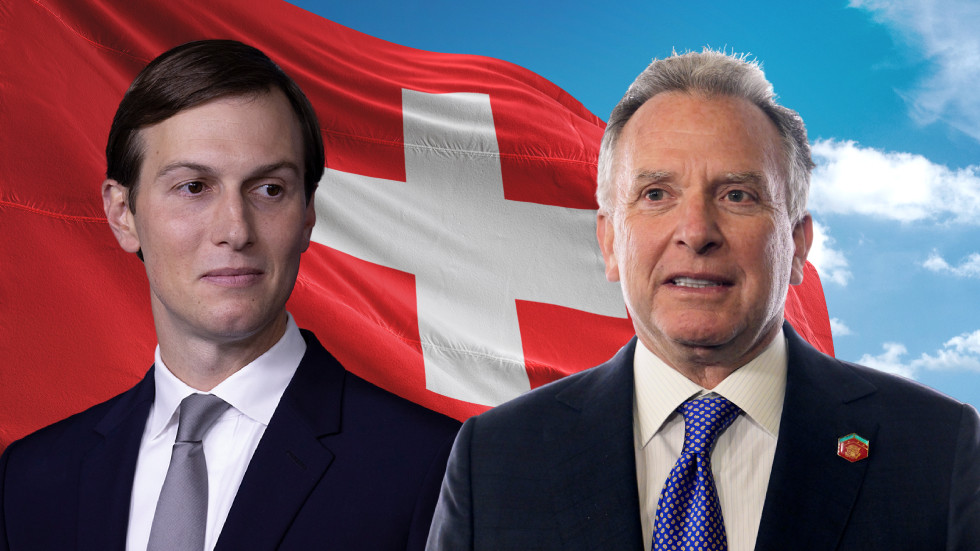Mali’s capital, Bamako, is grappling with a severe fuel crisis and a surge in foreign advisories urging citizens to leave the country. The situation has created a sense of unease among residents, who are concerned about the deteriorating security and economic conditions.
Long queues have formed at gas stations across the city, causing widespread panic. Despite government assurances that fuel convoys are en route, the situation on the ground remains dire. The fuel shortage has been exacerbated by a wave of foreign advisories, with several Western countries publicly urging their citizens to depart Mali.
The security warnings, which have been widely circulated on social media, have sparked both understanding and criticism. While there is acknowledgment of the right of nations to protect their citizens, many have criticized the public nature of the warnings, which have fueled anxiety among locals. Journalist Yacouba Doumbia noted that diplomatic channels would have been a more appropriate method of communication, rather than public posts that have caused panic.
The decision to issue public warnings is seen as a response to the growing jihadist threat in the region, following recent kidnappings of foreigners. However, local voices are urging for more than just exit advisories, calling for solutions to be discussed with the Malian authorities. Journalist Daouda Sangaré argued that foreign nations should propose a solution to be discussed with the Malian government, rather than simply issuing warnings.
The international response to the crisis has heightened fear among Malians, who feel that they have been left without a clear path towards resolving the underlying security and economic issues. With many feeling trapped and uncertain about their future, there is a growing sense of anxious uncertainty in the country. The Malian government faces significant challenges in addressing the crisis, and it remains to be seen how the situation will unfold in the coming days.



